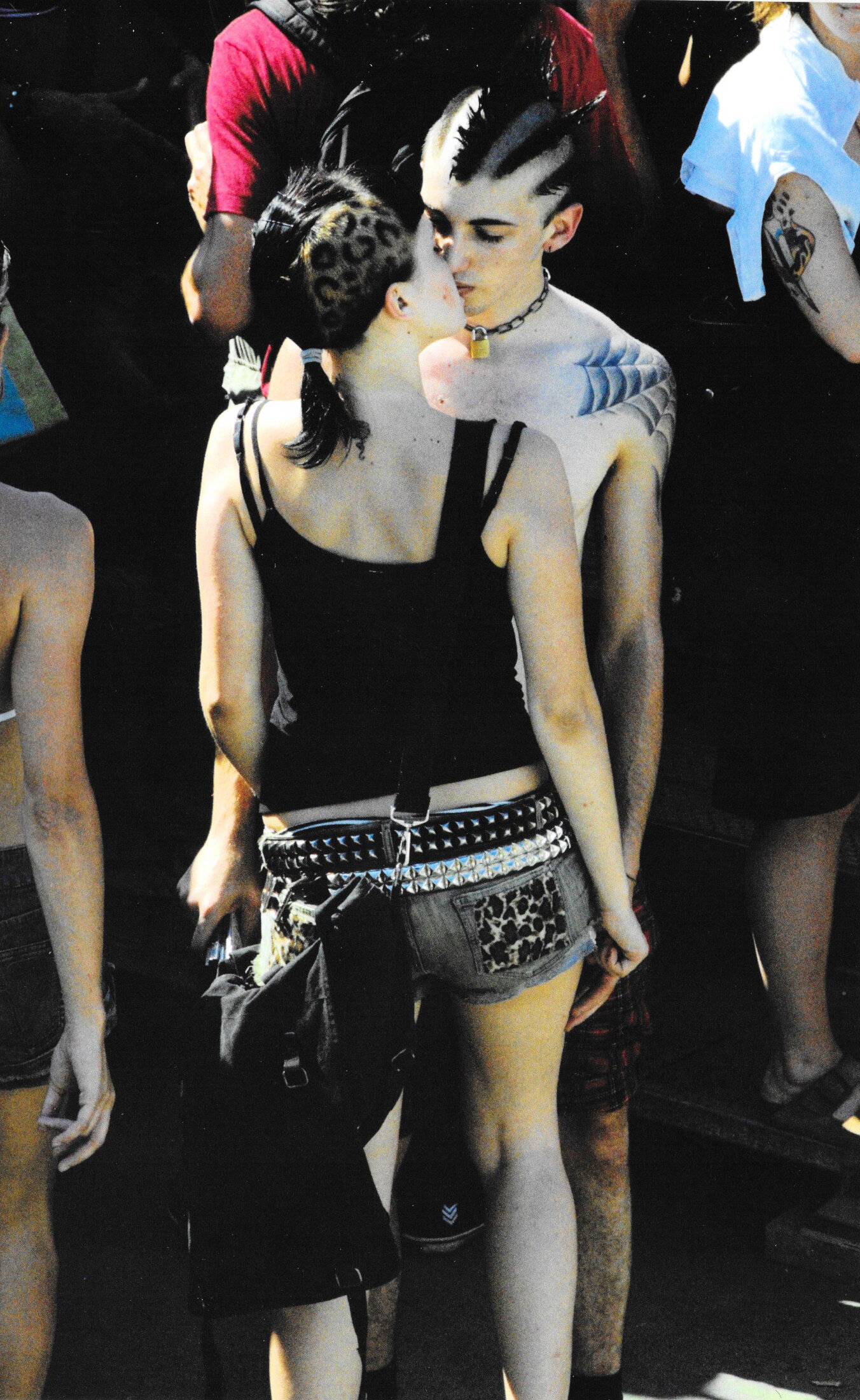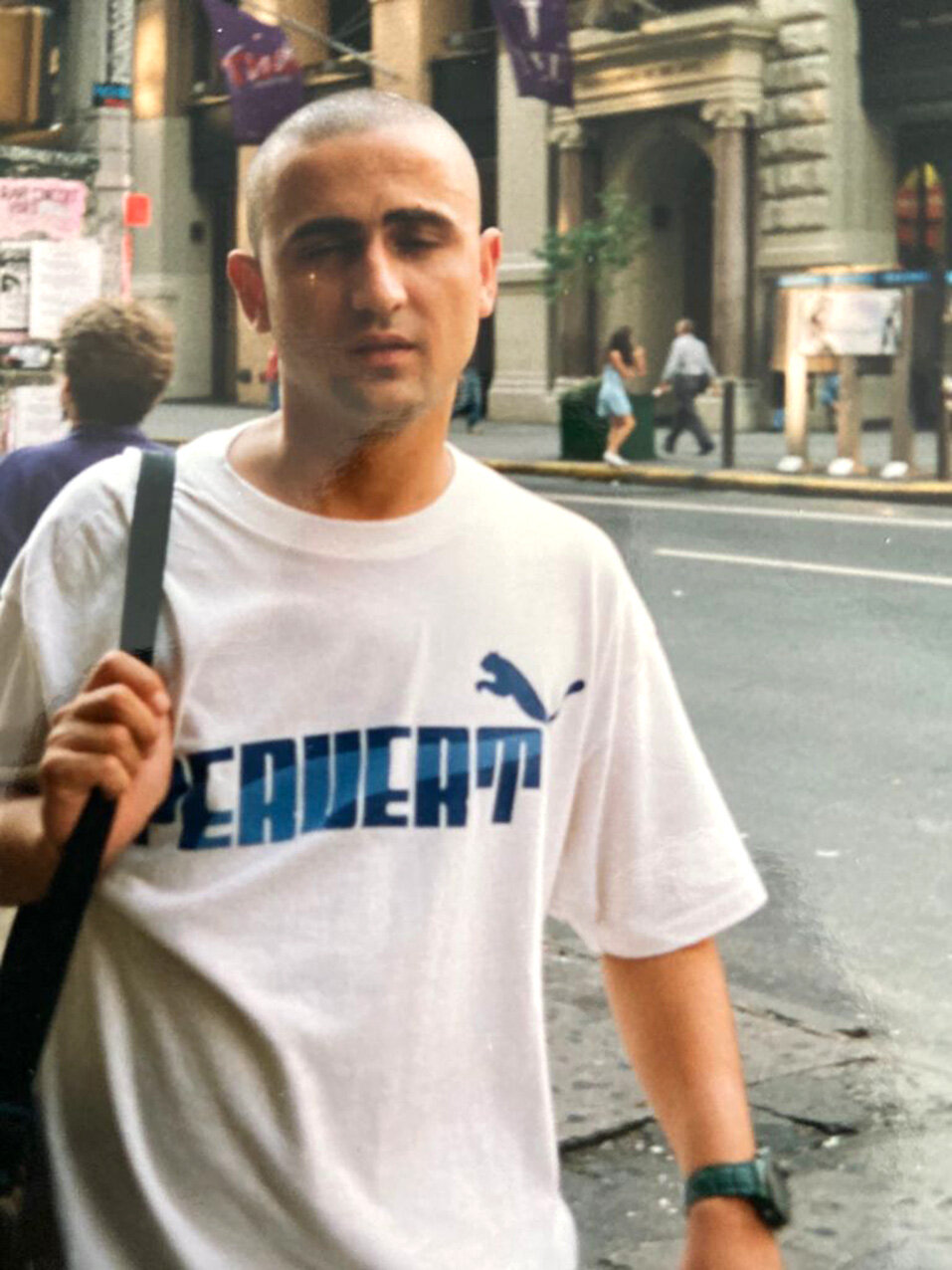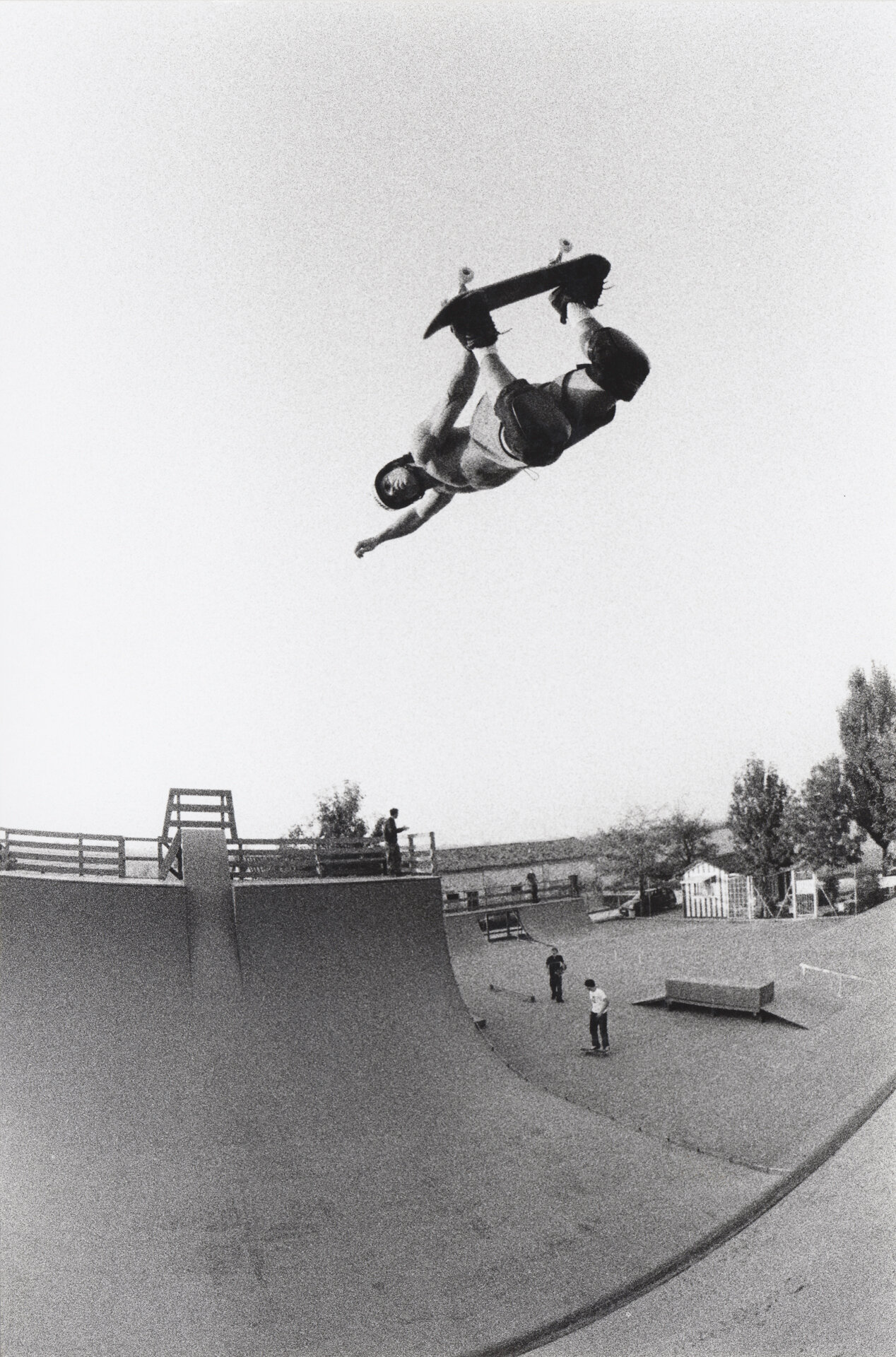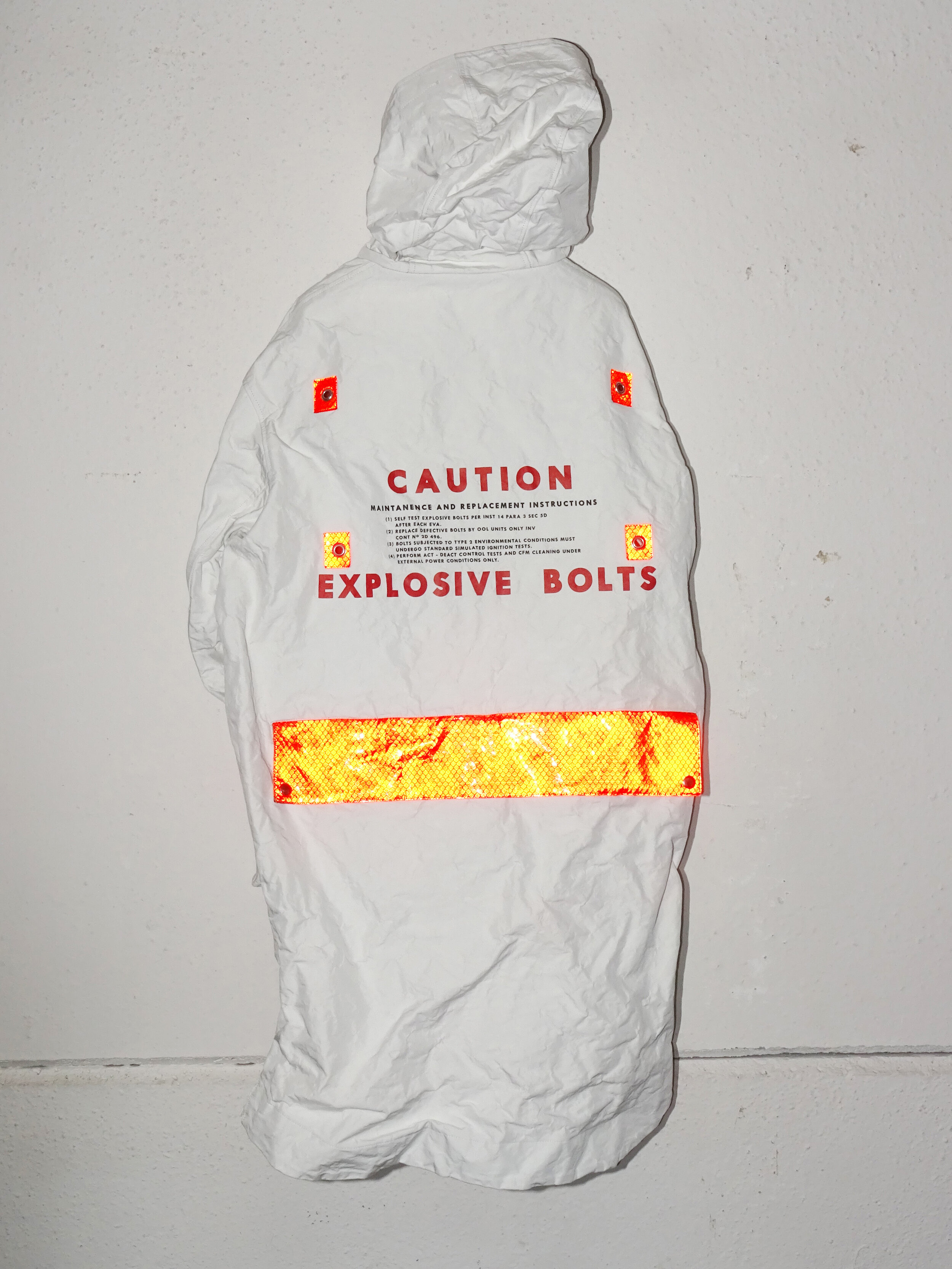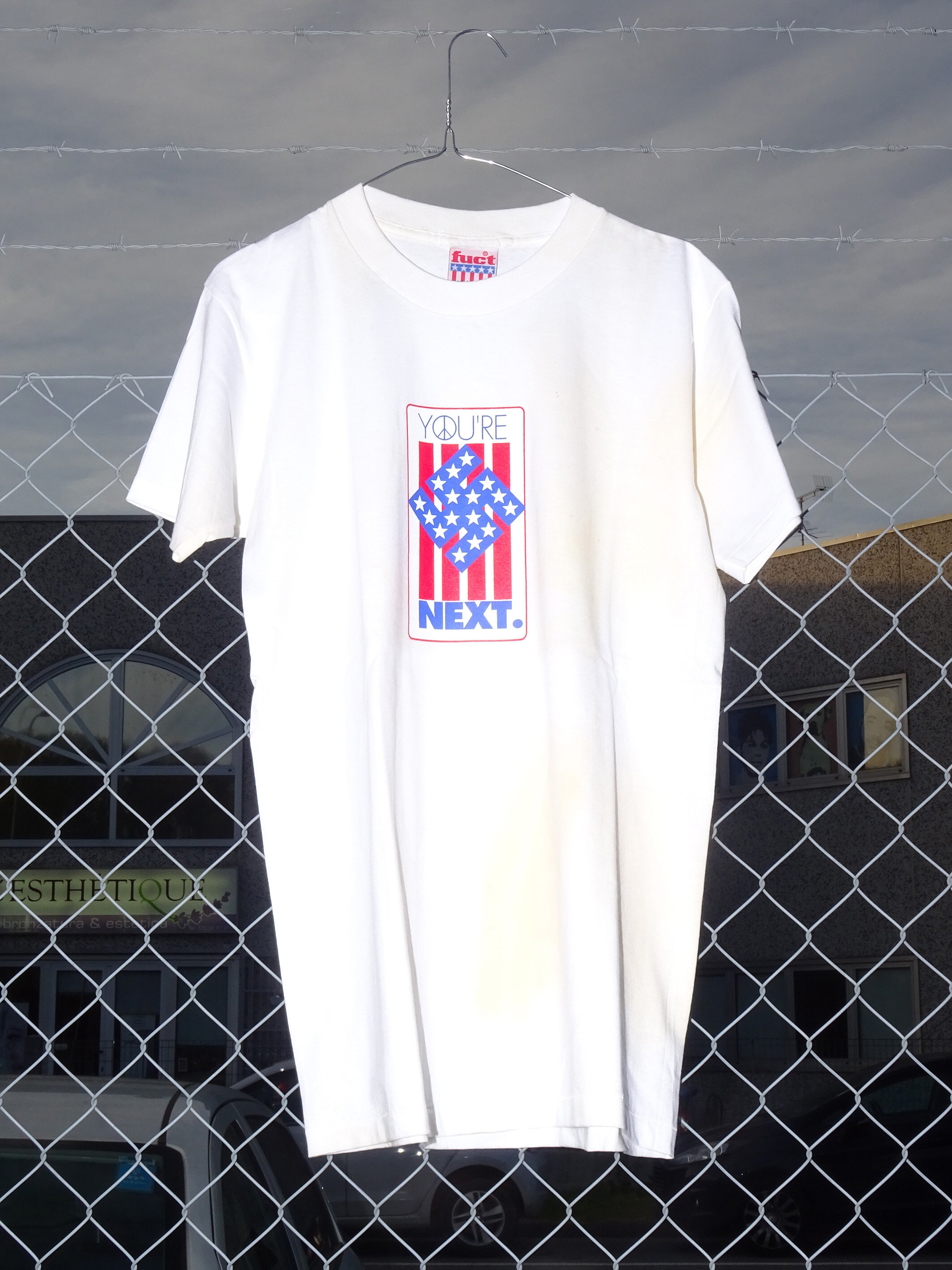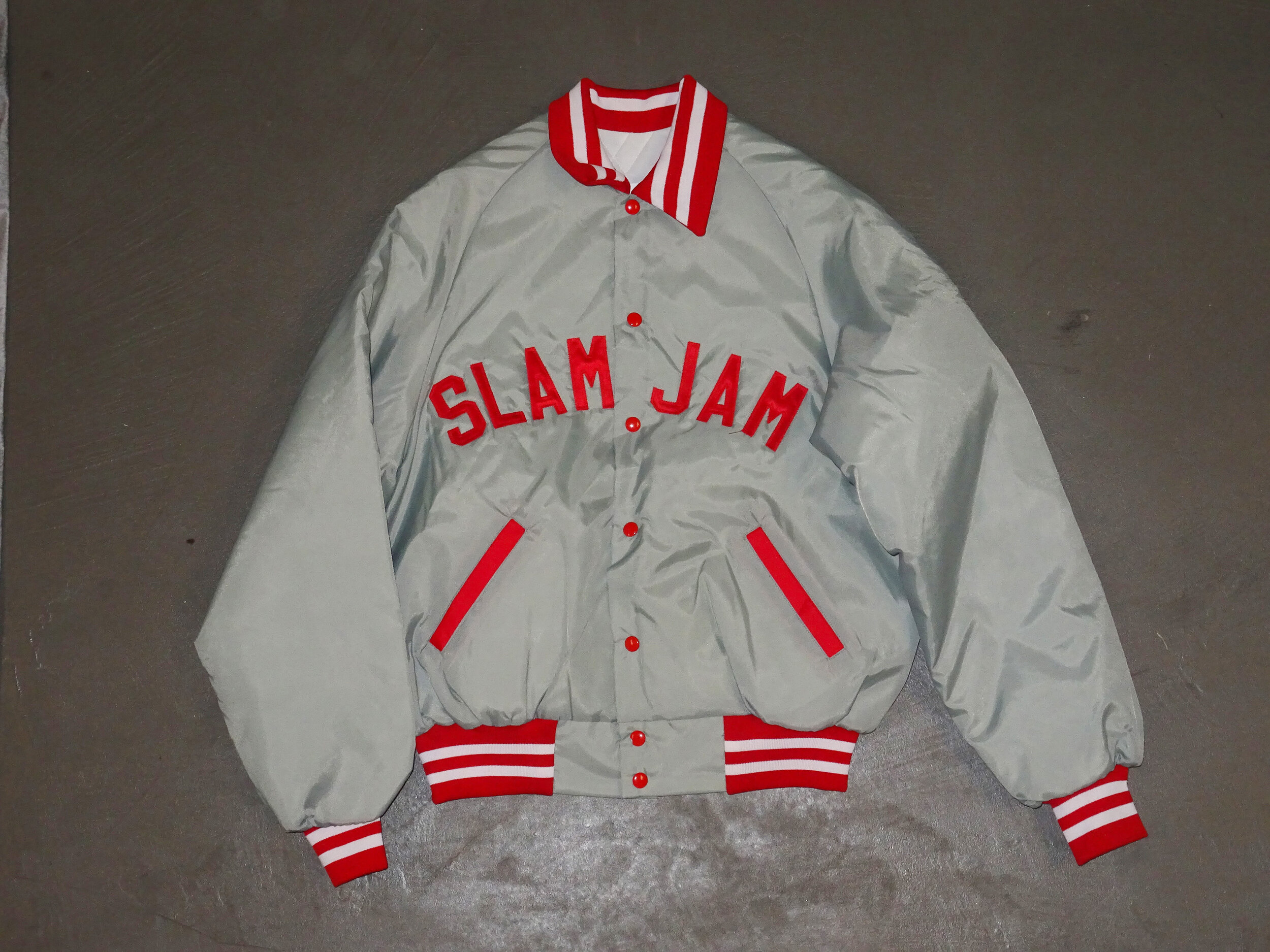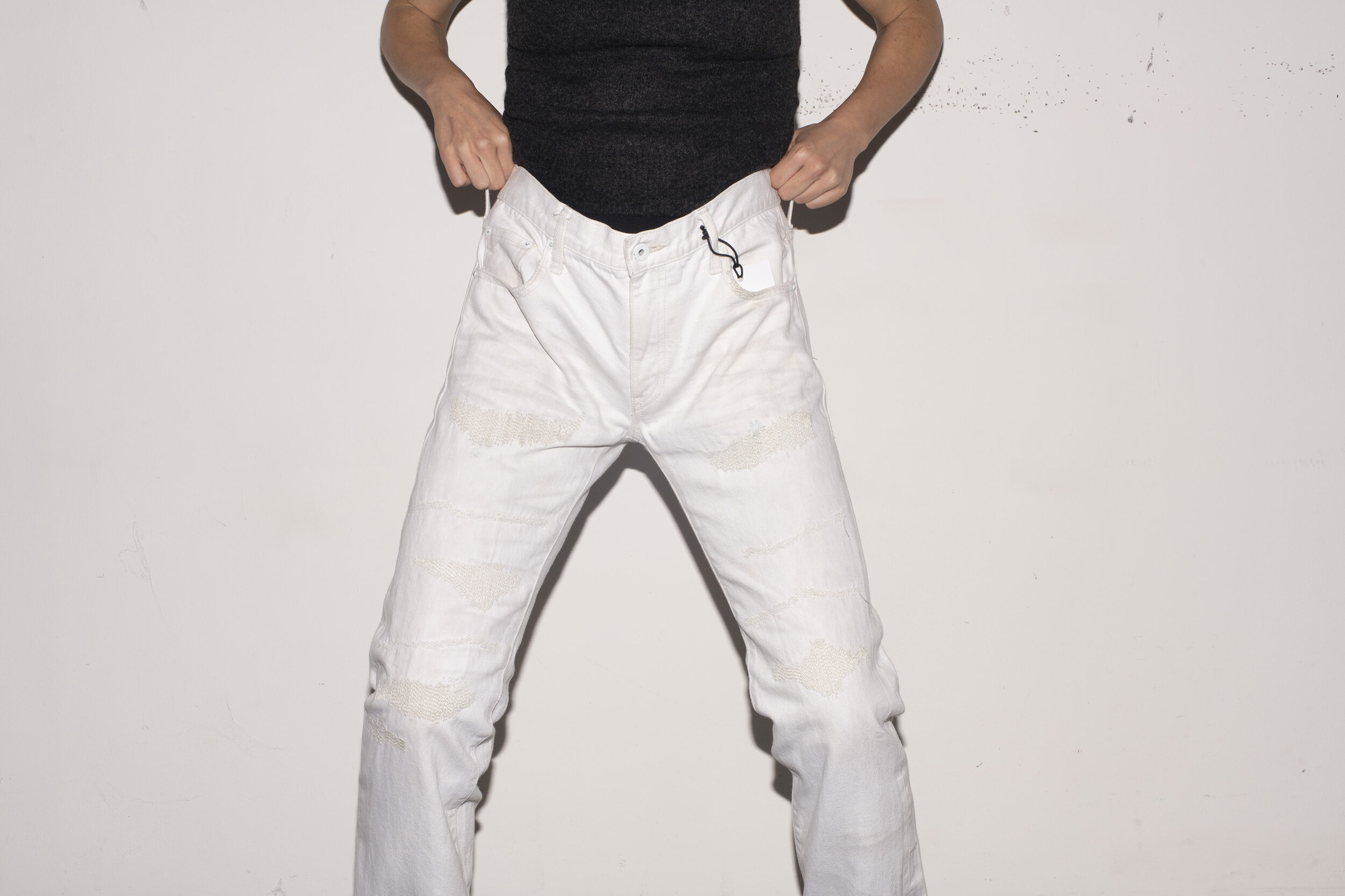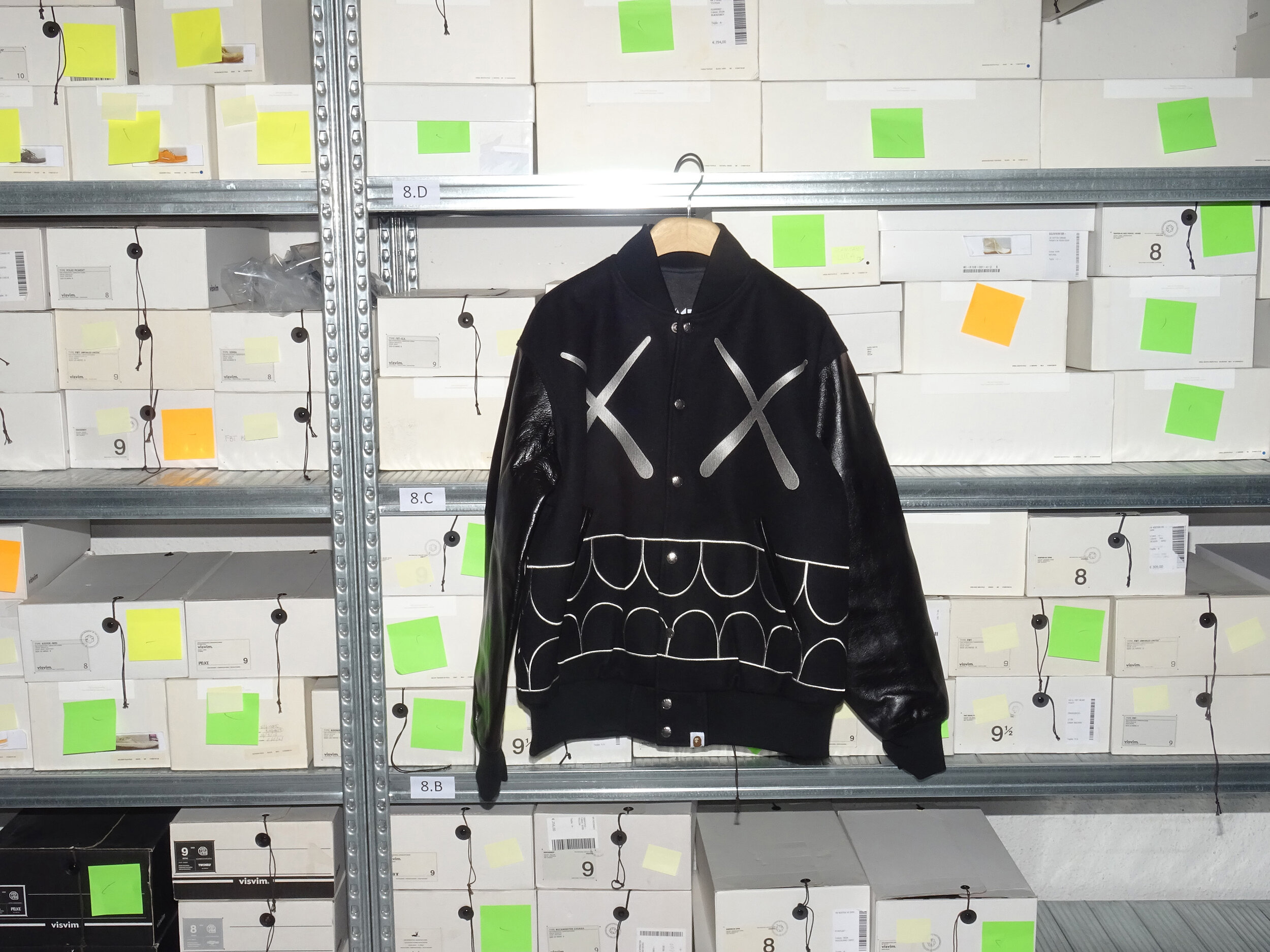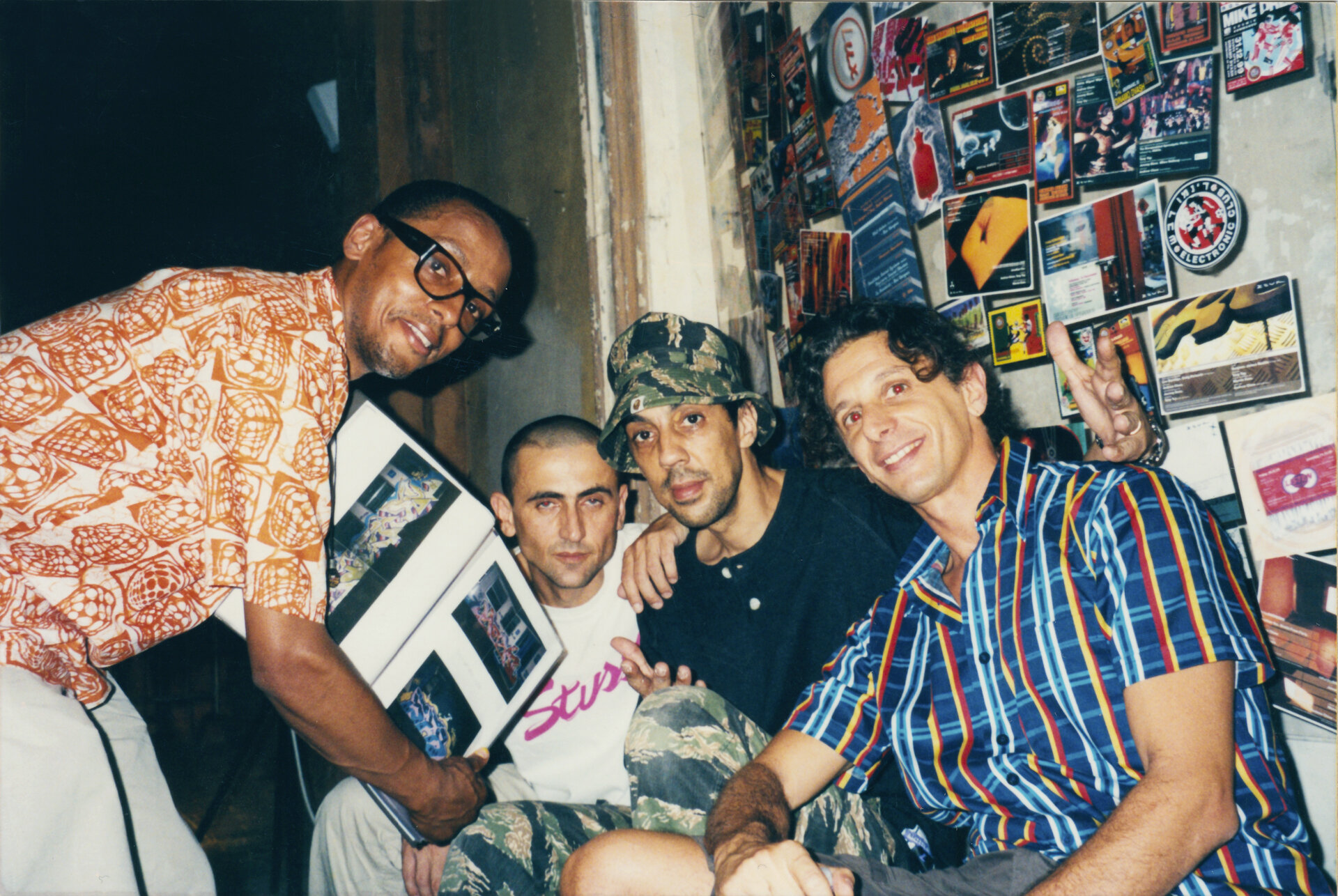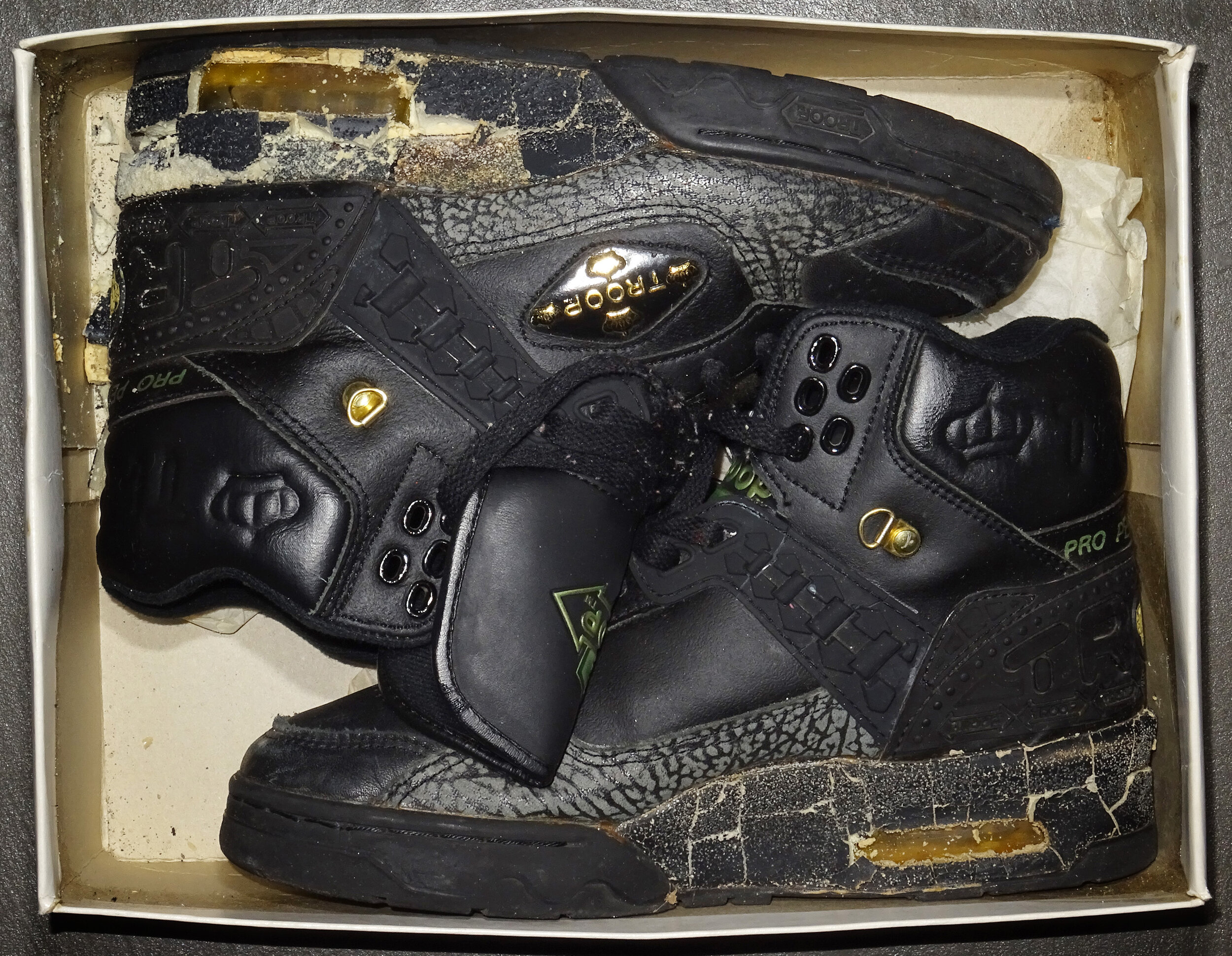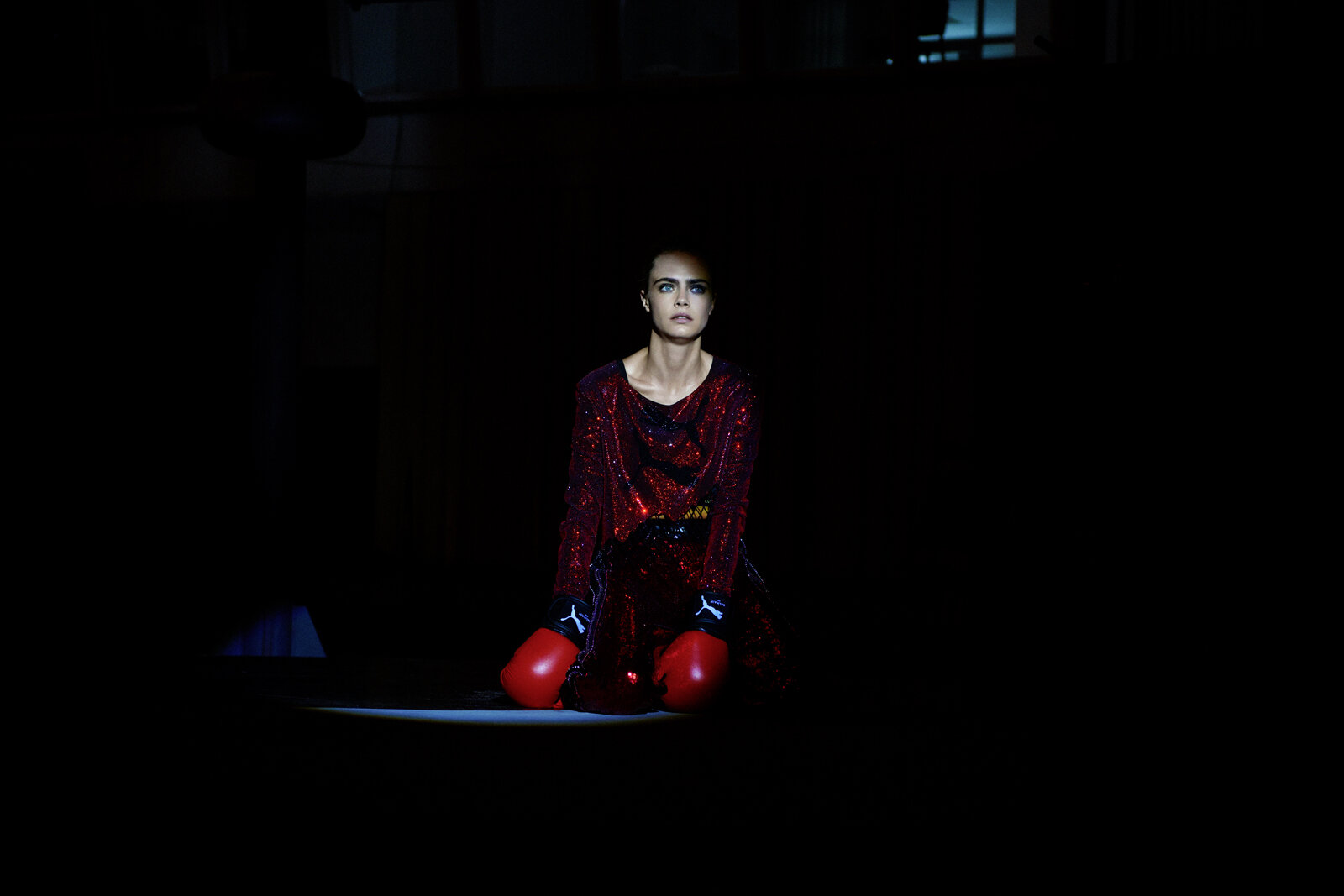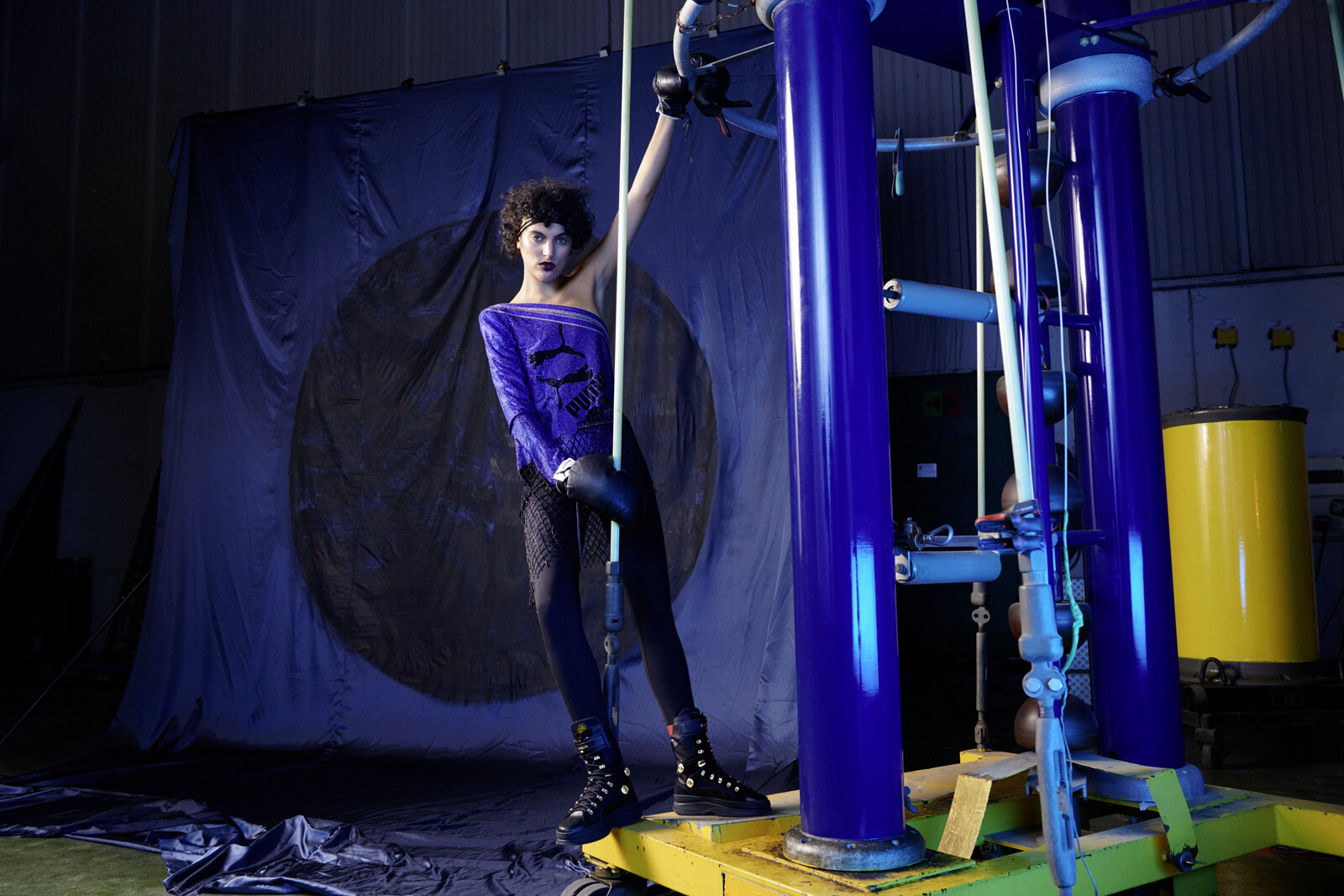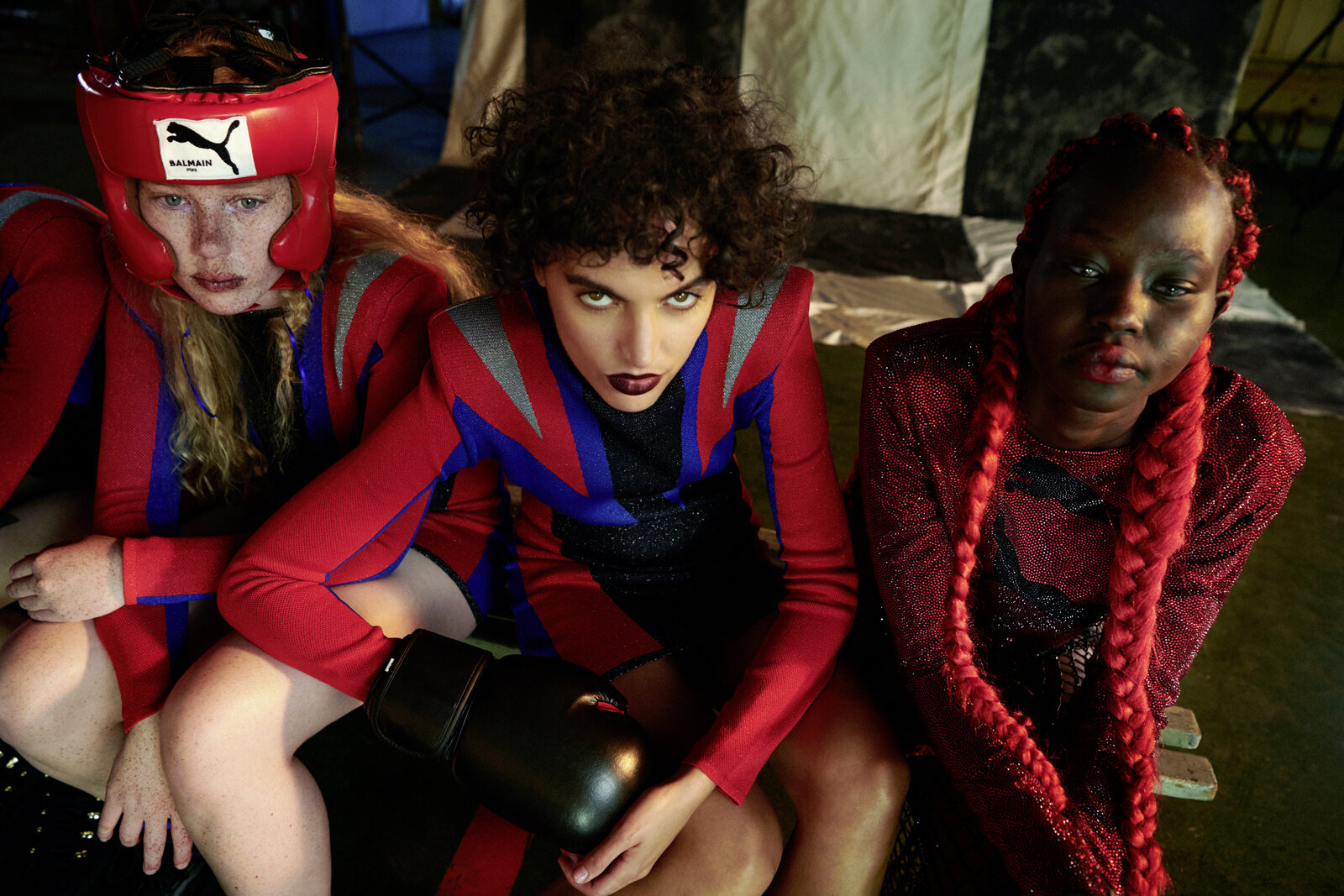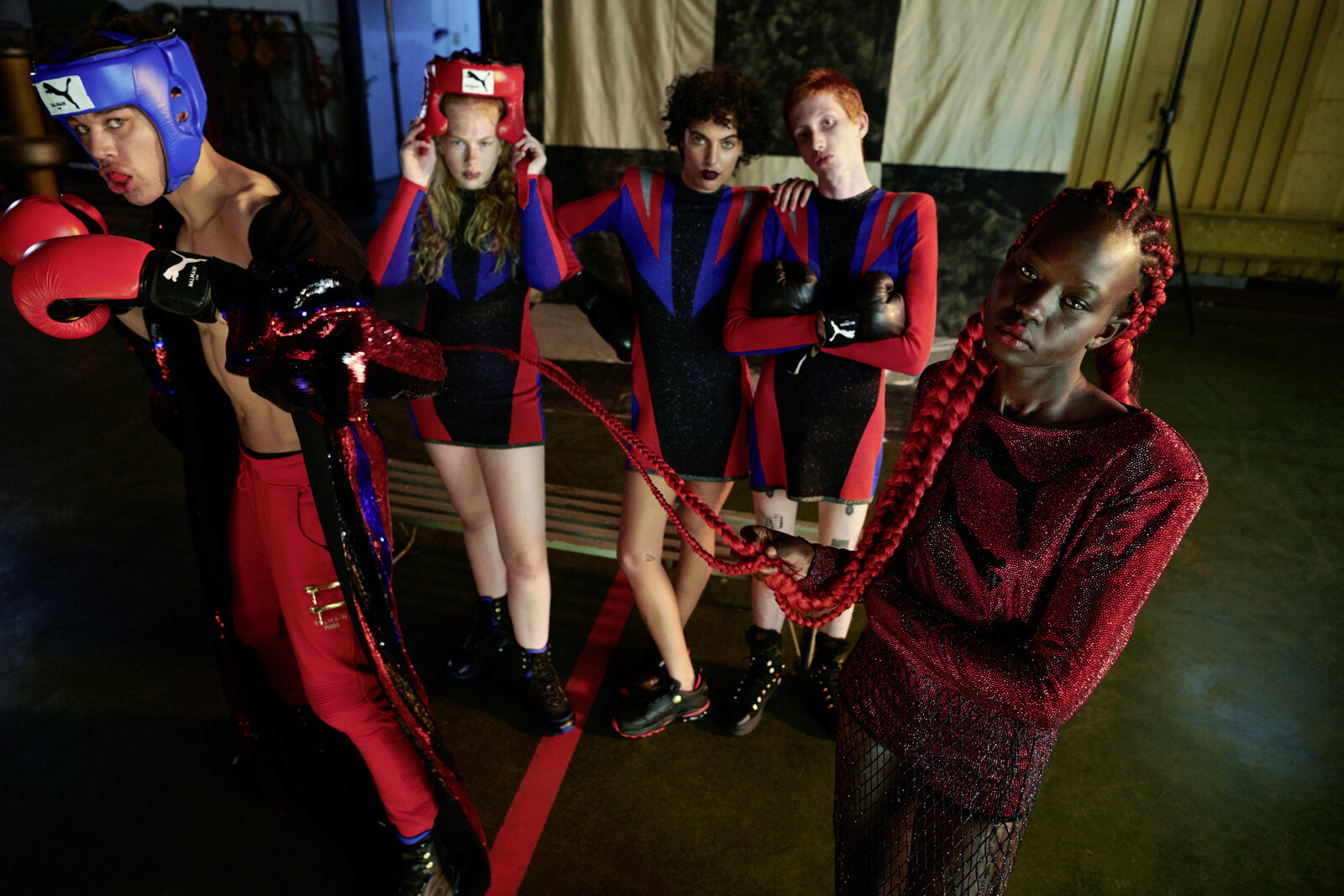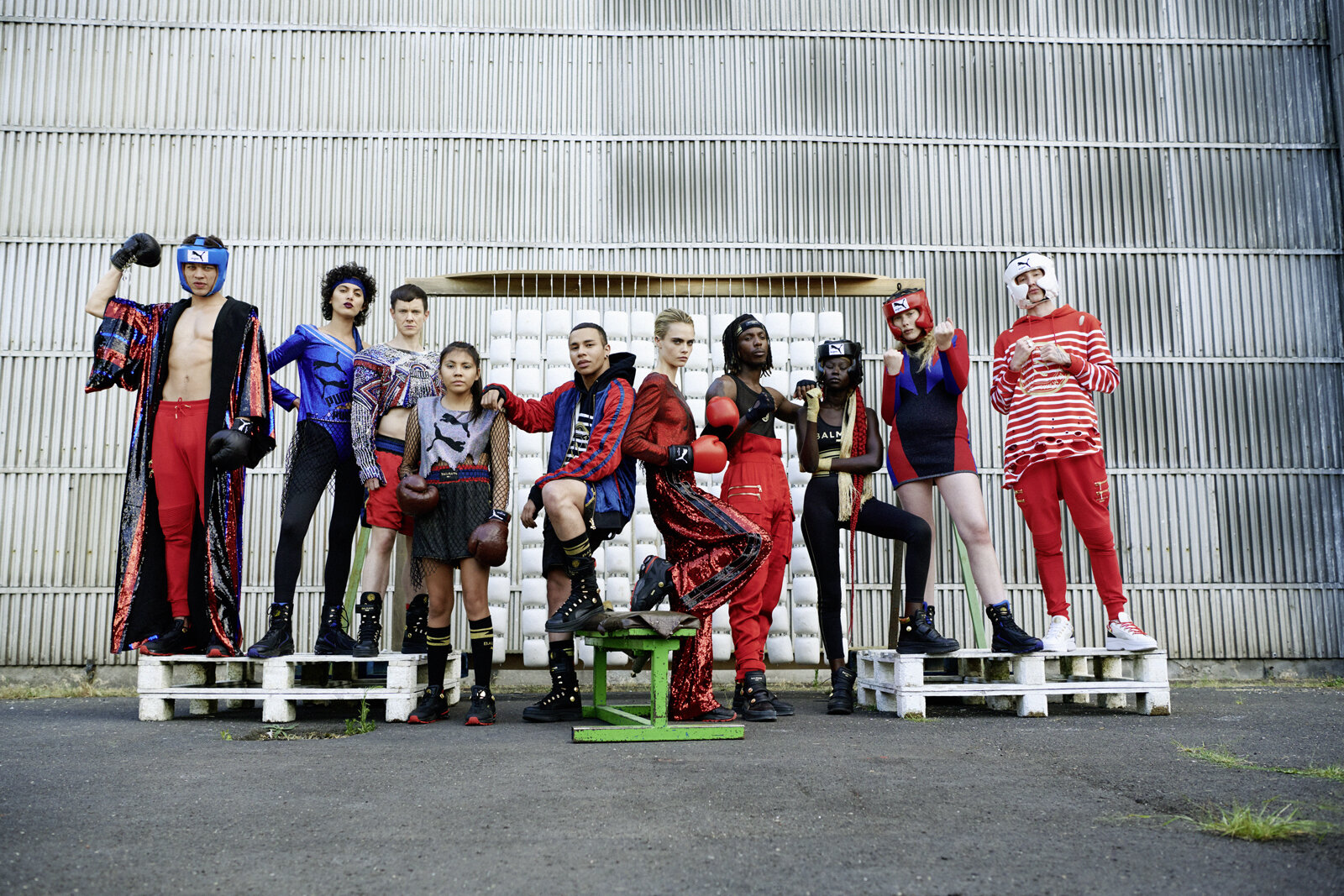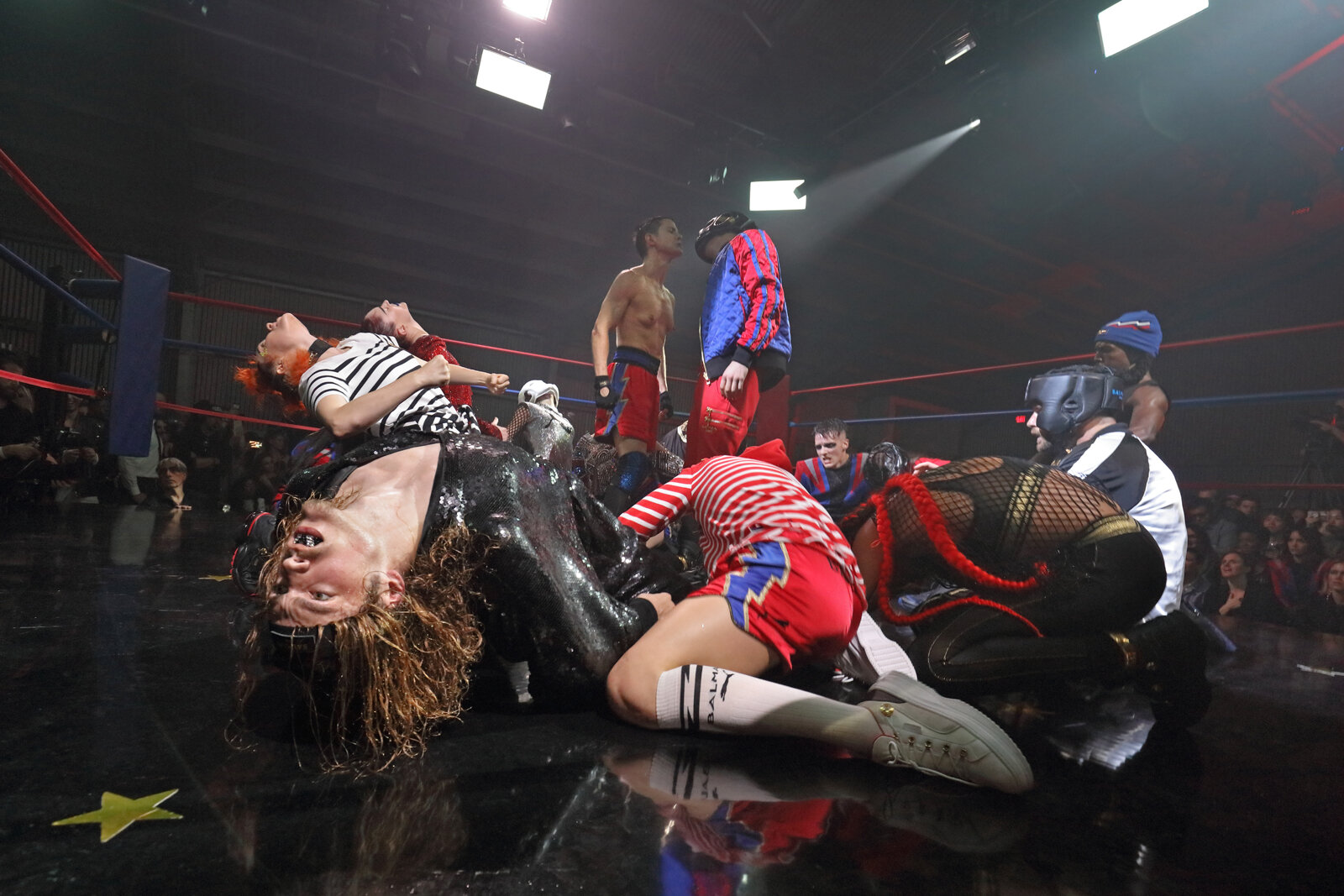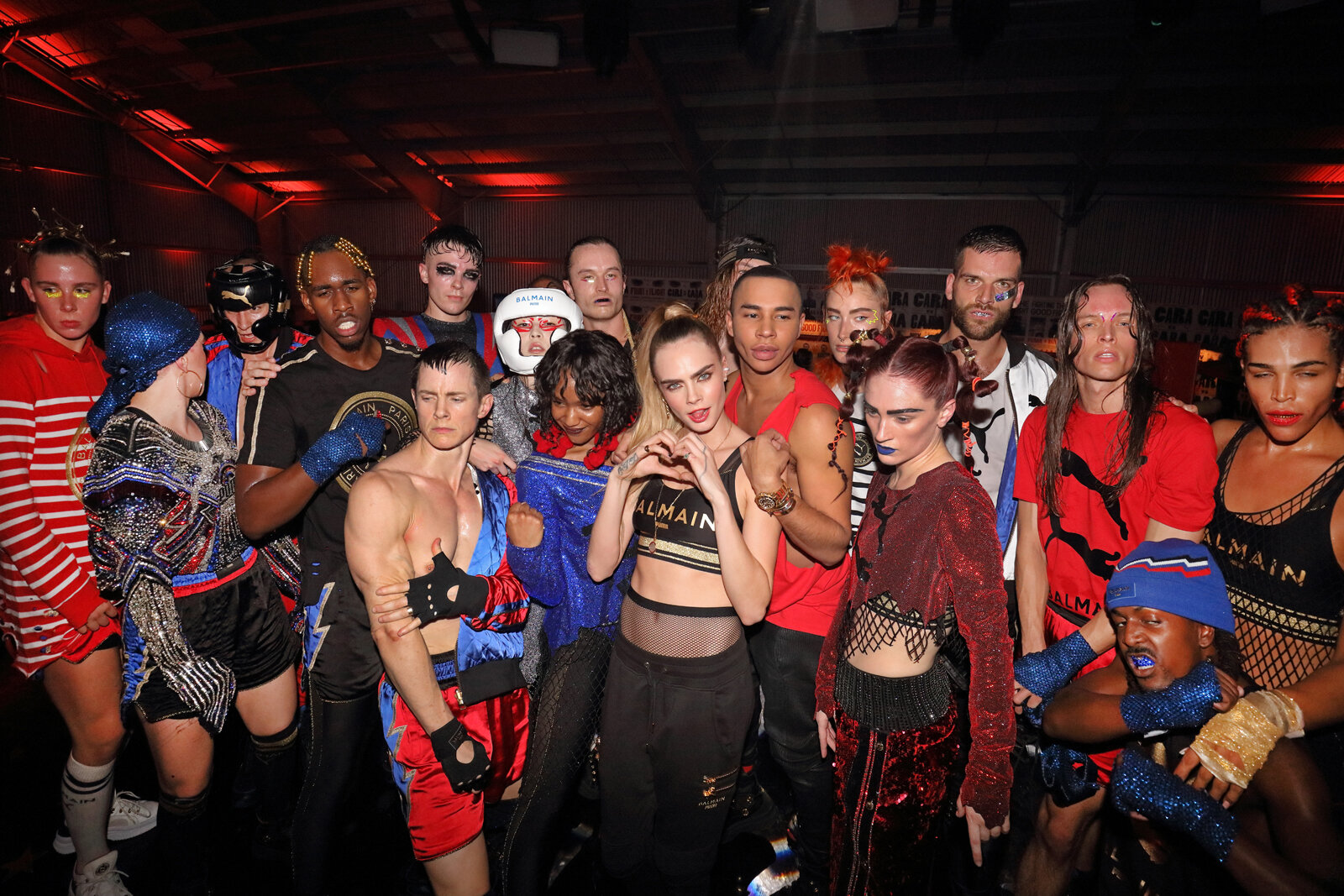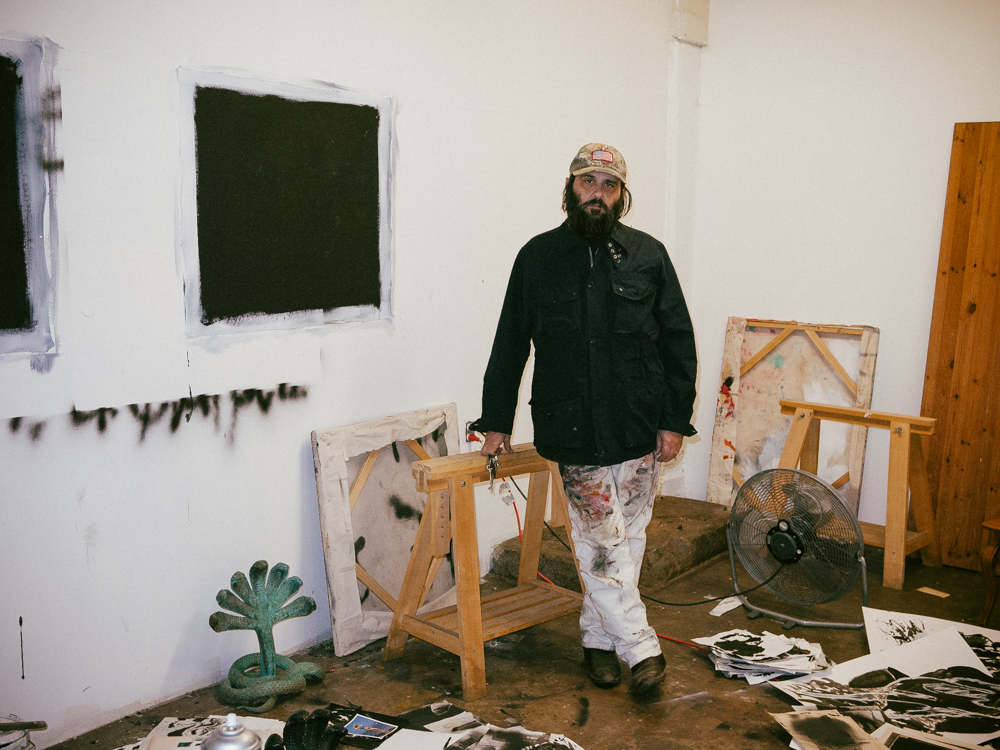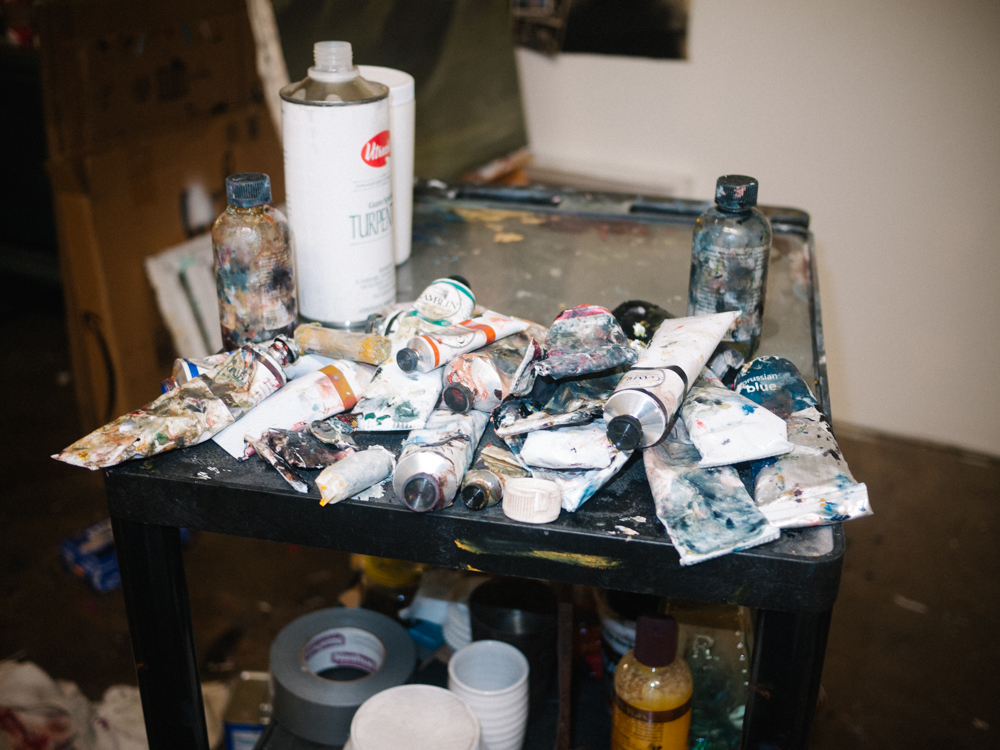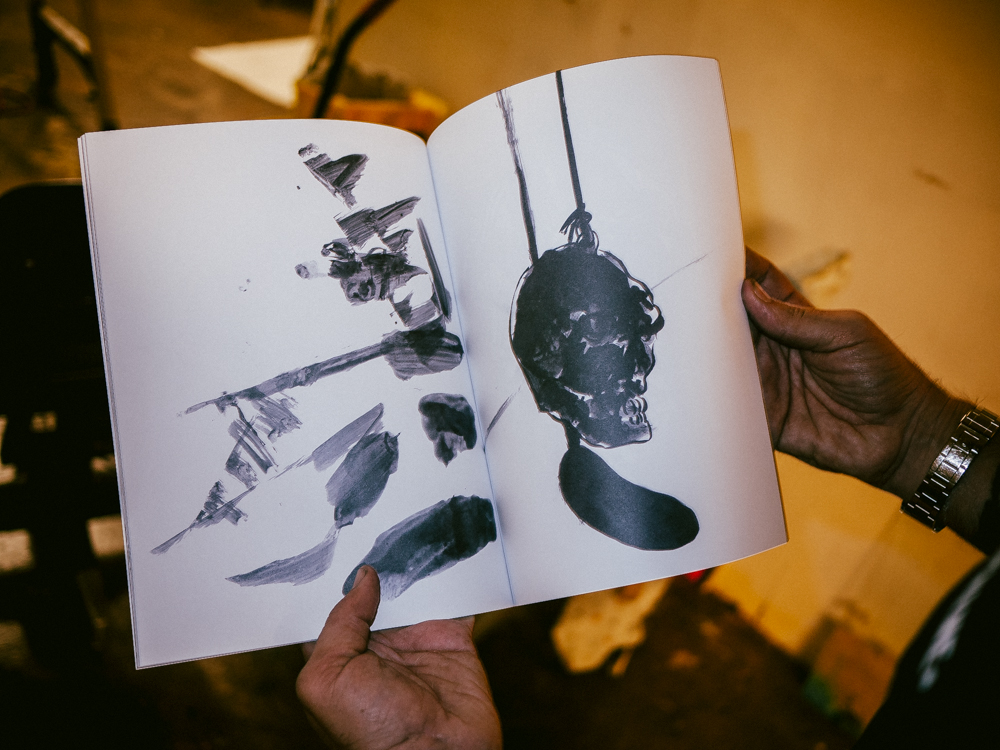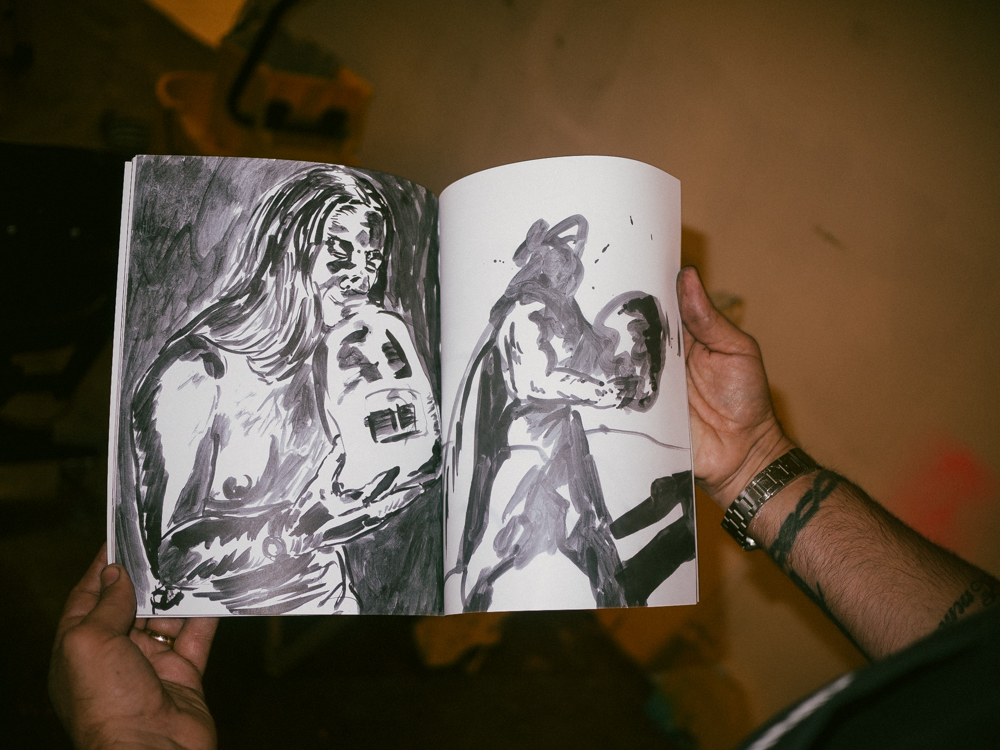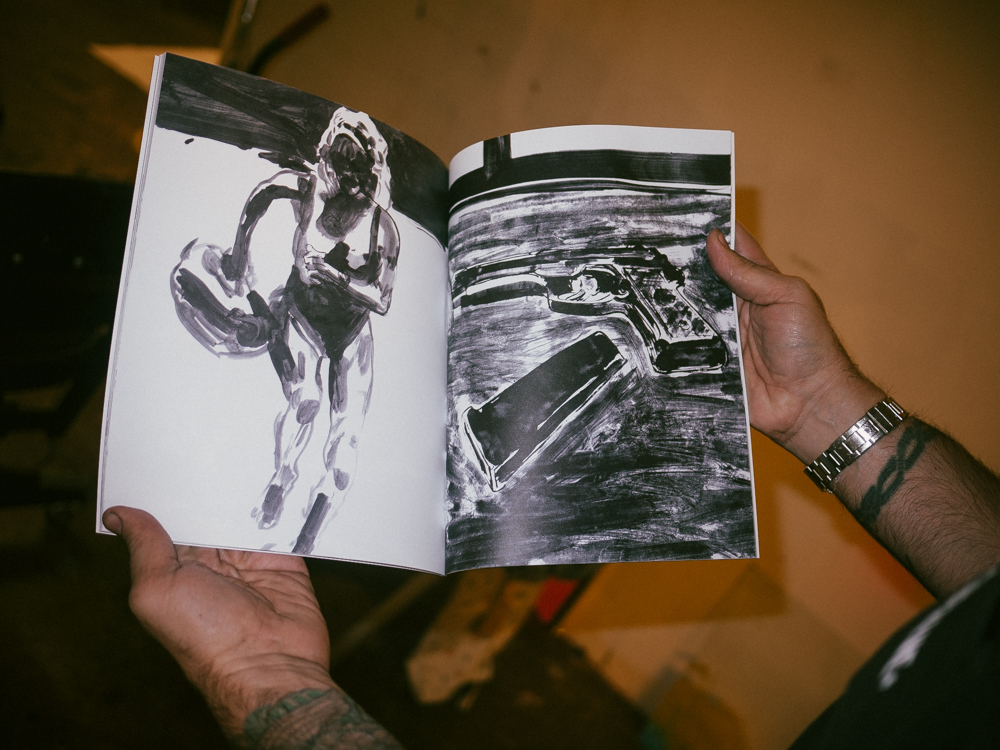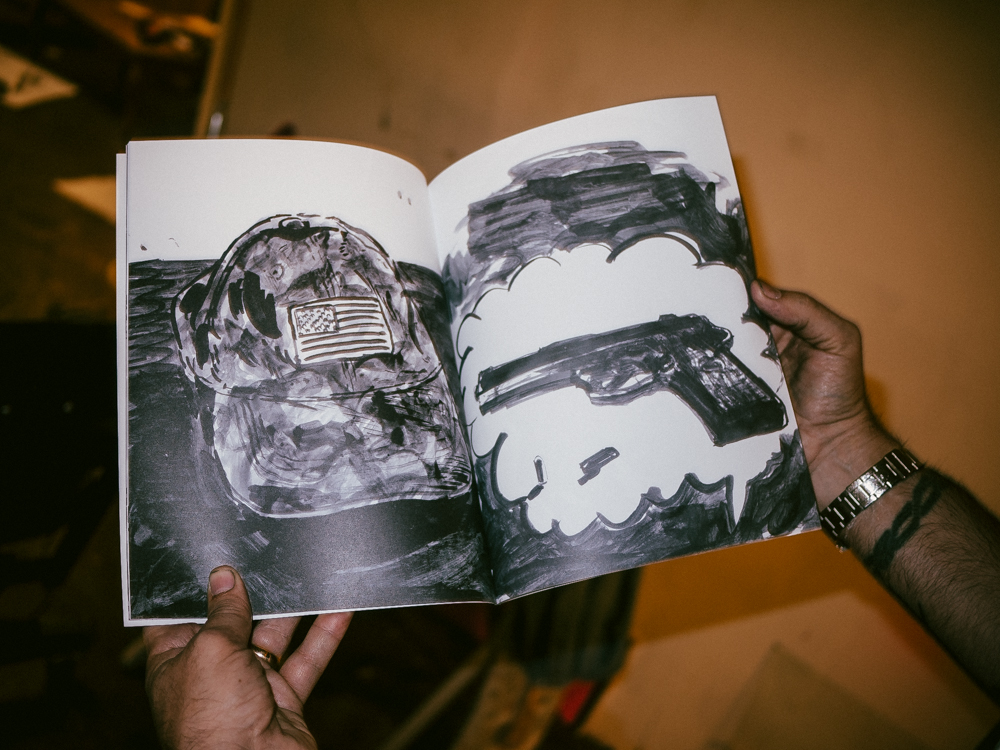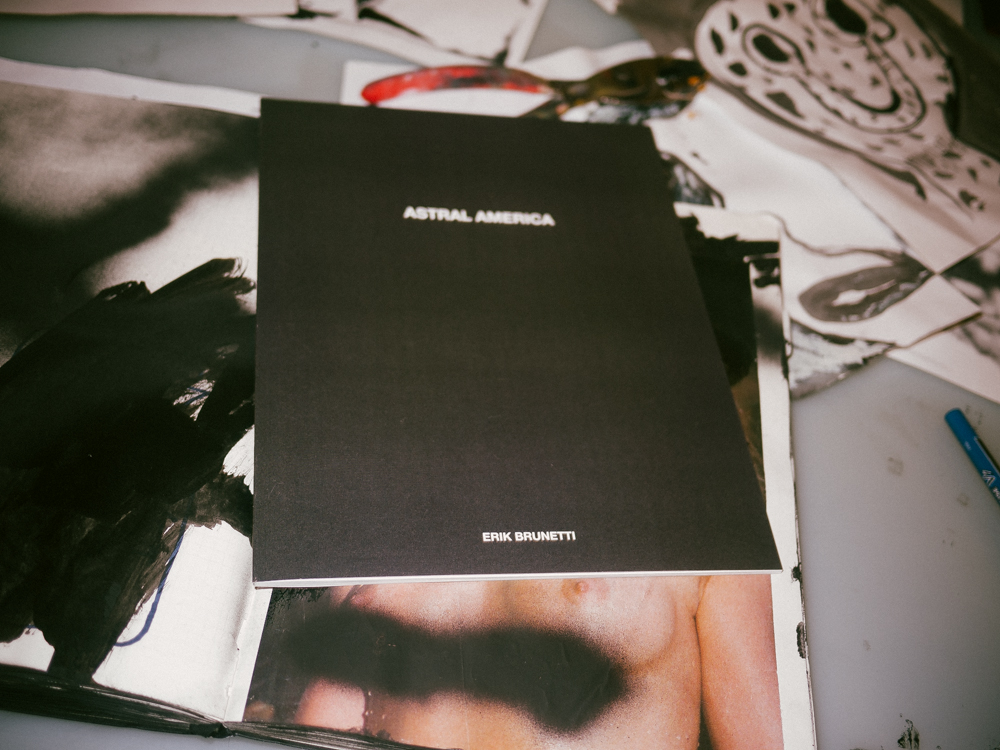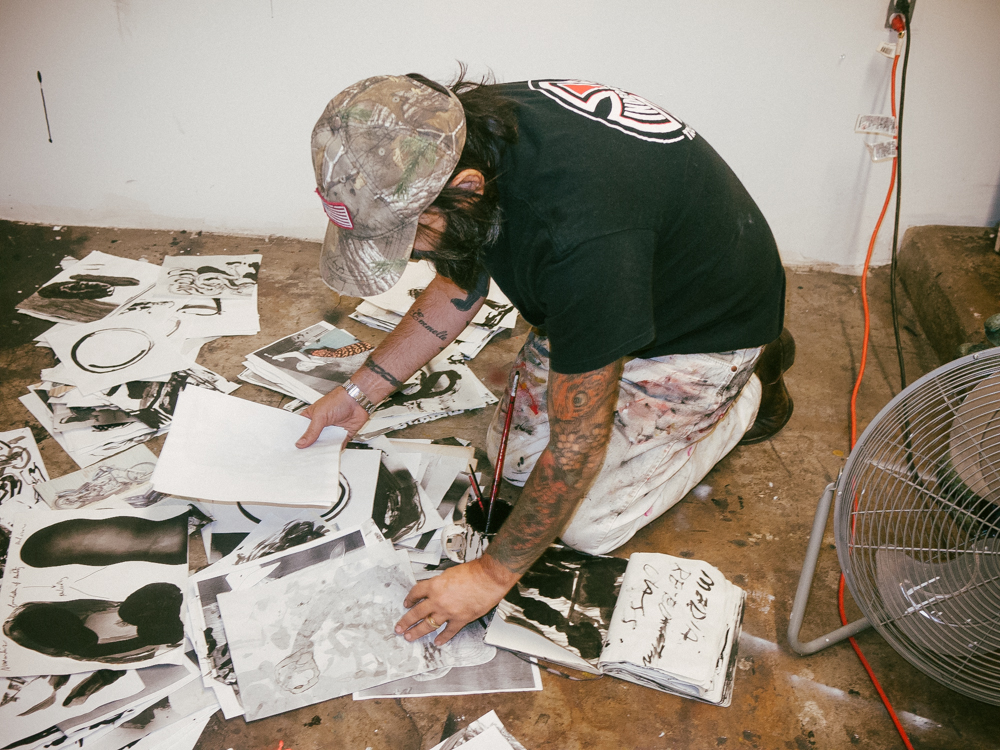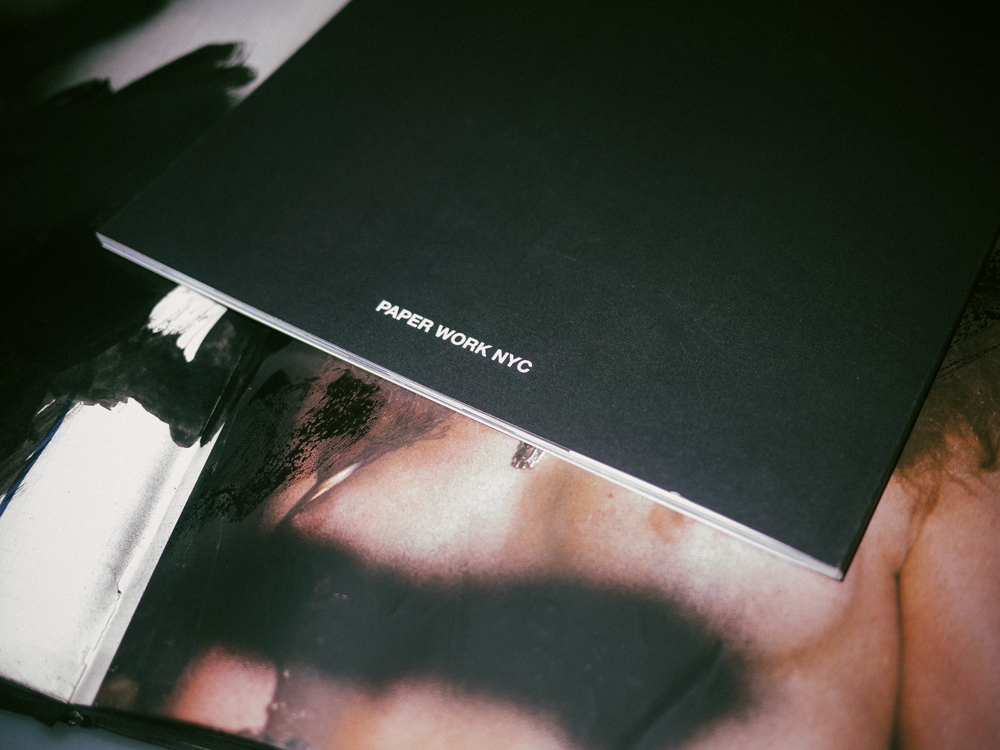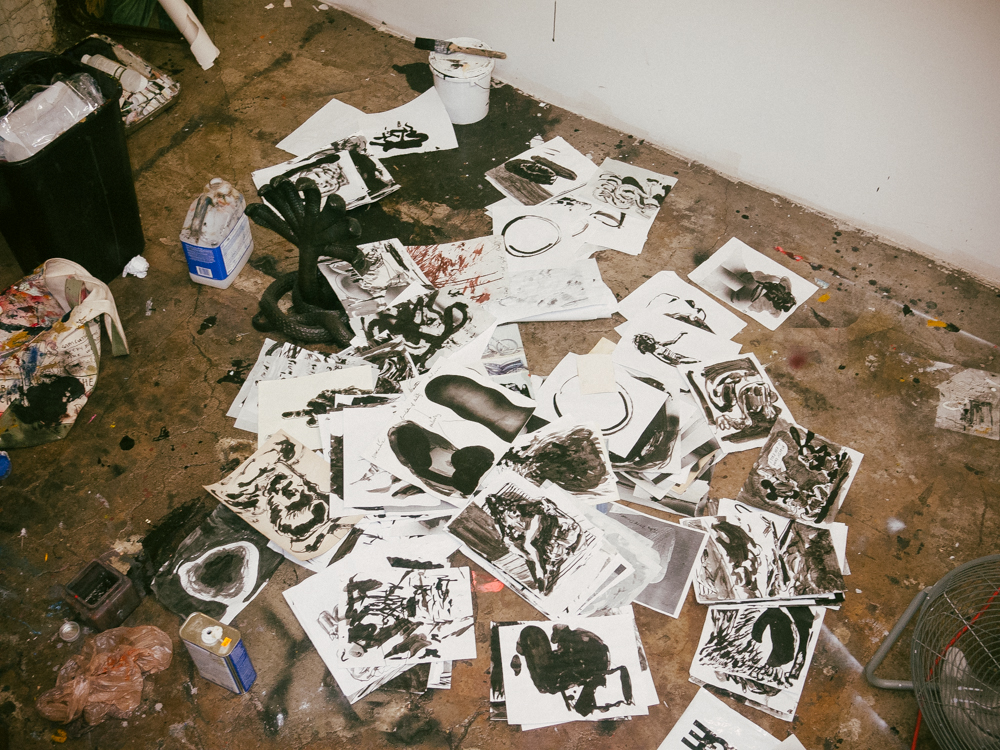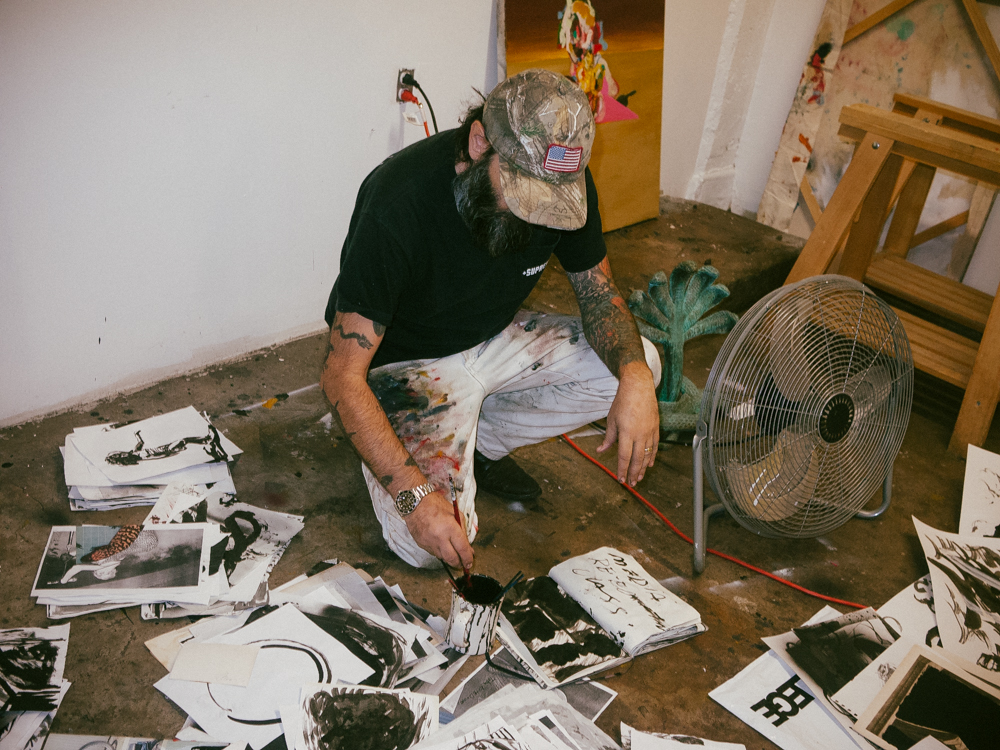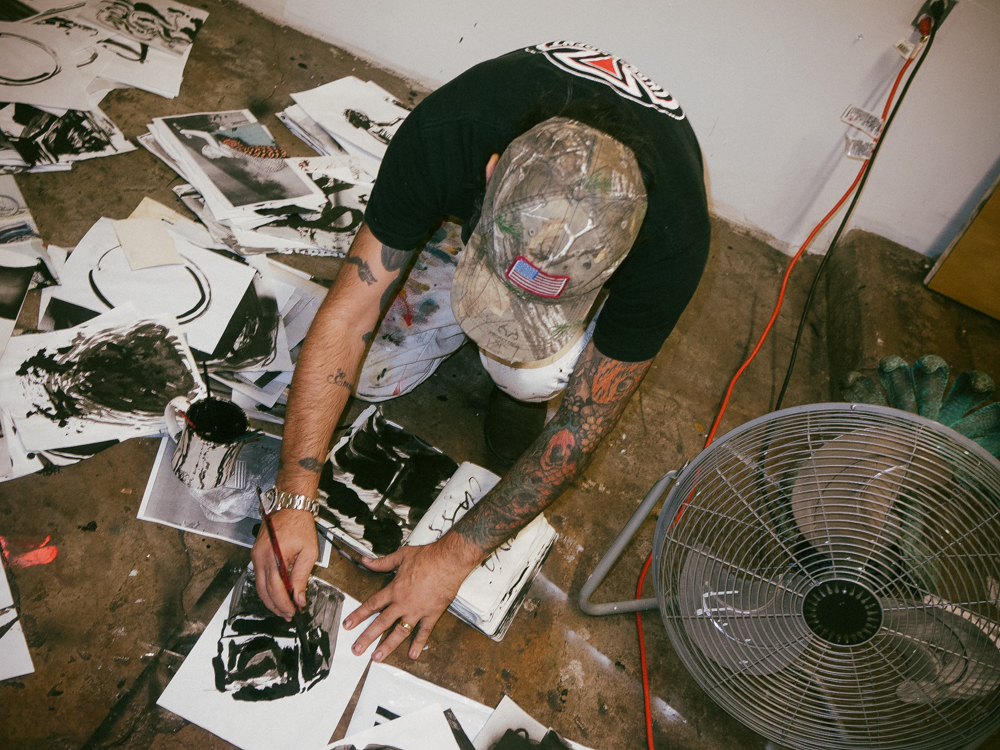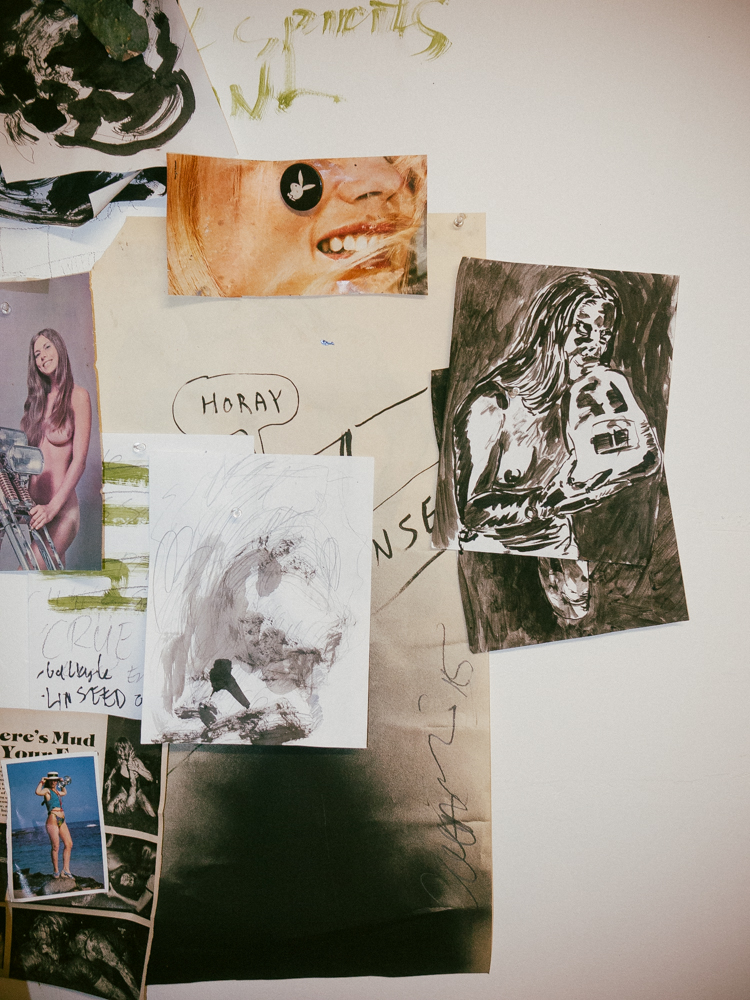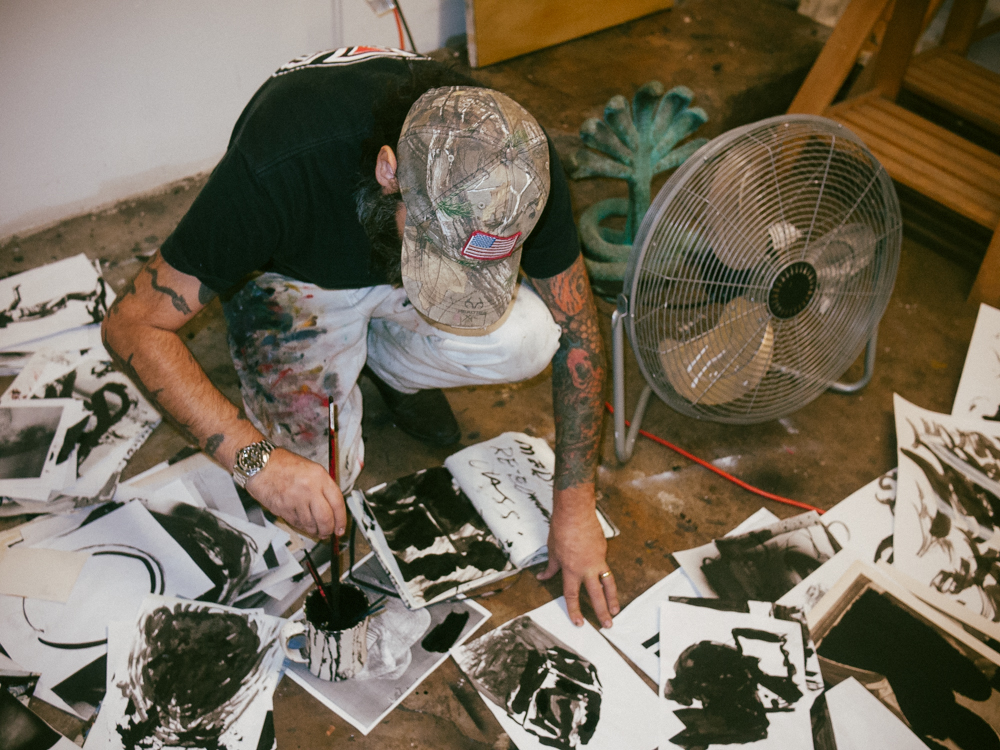all clothing by Balenciaga Spring 2023
Pioneering Streetwear Brand Slam Jam Opens 30-Year Archive In Ferrara
Founded by Luca Benini in 1989, Slam Jam was born to serve the underground long before the term “streetwear” existed, becoming the first Italian importer of then unknown brands such as Stussy. From its HQ in Ferrara, far from the European fashion establishment, Slam Jam has honed a unique and highly distinctive style guided by art, music and clubbing, connecting tribes of like-minded people across the world. From the rural outskirts of Ferrara, in the last 30 years Slam Jam has become a globally renowned cultural institution, its name on urban subculture clothing and goods a seal of guarantee.
For the first time since its establishment over 30 years ago, Slam Jam, is opening the doors of its archive with an exclusive project devised by Nationhood. The project comprises a new location in Slam Jam’s headquarters in Ferrara, and a consultable online atlas stemming from an experimental publishing plan focused on the brand’s cultural heritage. Formerly the private collection of Slam Jam founder, Luca Benini, this ultra-refined pastiche of eighties-to-the-present-day underground culture is now a new cultural resource with its own digital platform, a long list of publishing products, and various offline off-shoot activities hinging around visual art and culture. Nationhood has designed an infinite scroll, a digital flow that unites different contents in a sequence of images which is a collision of Lo-Fi cinema and “eBay aesthetics” visual brutalism. The upshot is a new digital device collecting the anthropology of the look and underground subcultures of which Luca Benini was a founding presence: from clubbing on the Riviera Romagnola, London and early ‘90s New York, to the international hip-hop scene and Japan‘s noughties fashion neo-avant-garde. Once again, Nationhood takes the idea of the archive apart and talks of how customs are the cultural custodian of the contemporary world. And so it has designed a hyper-photographic atlas mixed with soundscapes from the around 10,000 vinyls in the collection, offering up the archive in a visual stream that confirms the potential lyricism of chaos and cyberspace as the symbolic place of a new digital romanticism.
Cara Delevigne And Olivier Rousteing Team Up For Puma x Balmain Campaign Directed By Philippa Price
An unlikely partnership takes the form of two limited-edition capsule collections, both designed by BALMAIN’s Creative Director Olivier Rousteing and his good friend and muse, the English actor and model Cara Delevingne. This is PUMA’s first-ever collection with Cara Delevingne, who has been working with PUMA since 2016. Standing at the intersection of sport and fashion, this new collection features pieces inspired by traditional boxing gear that are infused with Parisian couture. Bra tops, boxing shorts, and sneakers are elevated with a stark color palette, hits of gold, and design elements straight out of BALMAIN’s atelier.
The campaign for the line, directed by Philippa Price and produced by MAAVVEN is a boxing-inspired, interactive campaign starring Delevingne. The campaign is not a literal interpretation of boxing but a dynamic and visceral interpretation of the timeless tale of human connection, identity, tragedy and triumph, love and hate, and the universal duality of “the fight.” In addition to Delevingne, the cast is rounded out by an incredible group of “real people,” who personify this idea of the fight.
In addition to the campaign, Price produced the live launch event, which took place here at Milk Studios in Los Angeles.
"Translating the campaign into the show concept was a lot of fun. We wanted the whole event to feel like a fight club. I worked with Jasmine Albuquerque (who also did all the choreography for the campaign) to create a 20 minute performance piece that evokes the duality of emotions behind any fight, whether it be physical or emotional—anger vs. empathy, defeat vs. perseverance, endurance, truth, forgiveness, and most importantly, love. Love for the self and love for all humans.” -Philippa Price
Concept 005: Read Our Interview Of Union Los Angeles Founder Chris Gibbs & Nordstrom Men's Sam Lobban On Their Recent Collaboration →
Founded in 1989, Union’s history first started in New York’s Soho with the gracious ambition of giving a space to young, local designers on their way to recognition. The Los Angeles shop followed a few years later and strived to maintain the same principle born thirty years ago: embracing the creativity of fresh designers within the city while being inspired by trends coming from Japan and the UK. Union Los Angeles has now become one of LA’s prime destinations for men's contemporary fashion and streetwear. Earlier this month, Chris Gibbs, who used to work at the original NYC shop and is now the owner and operator behind Union LA, announced Union’s first ever collaboration with a national retailer: Nordstrom. Click here to read more.
Take A Look Inside The Studio And Read Our Interview Of FUCT Founder And Artist Erik Brunetti On His New Artist Book
Looking like a cross between a rogue border patrol agent and a cowboy dandy, Erik Brunetti is the founder and fearless leader of one of the most iconic American street wear brands. The brand’s name alone, FUCT, harkens a kind of dissidence and lassitude belonging to that doomed generation that came before the digital dark ages and the millennials struggling to survive in its cold pixelated miasma. While street wear brands like and Supreme and Stussy opted for safety in numbers, the FUCT brand, which was conceived in Brunetti's Venice Beach bedroom in 1991, remains uniquely intact and connected to its DIY roots. Starting off as a graffiti artist in New York City, FUCT became a kind of extension of Brunetti’s seditious ideals. Just recently, Brunetti teamed up with Paperwork NYC to publish a book of new drawings. Entitled Astral America, the book is an ode to post truth with a smattering of India ink renderings of drones, US military propaganda, pop iconography and psychologically damning, accusatory, and anti-consumerist slogans aimed squarely at the gluttony of American culture. We got a chance chat with Brunetti about the book, the current state of FUCT and why it’s not cool to justify war with hashtags. Click here to read the full interview.


















